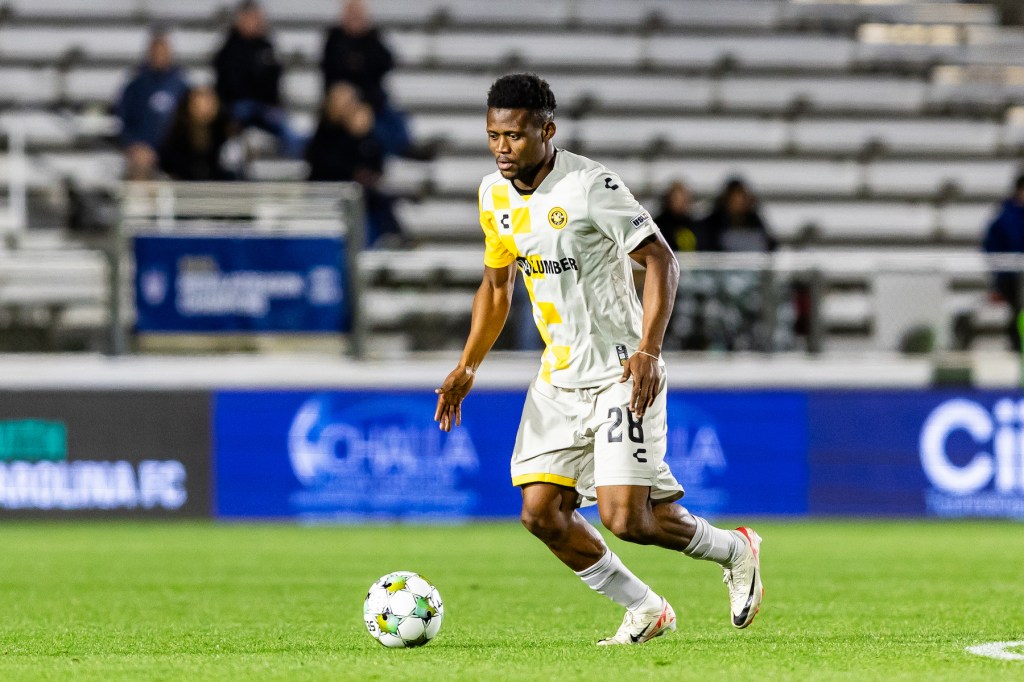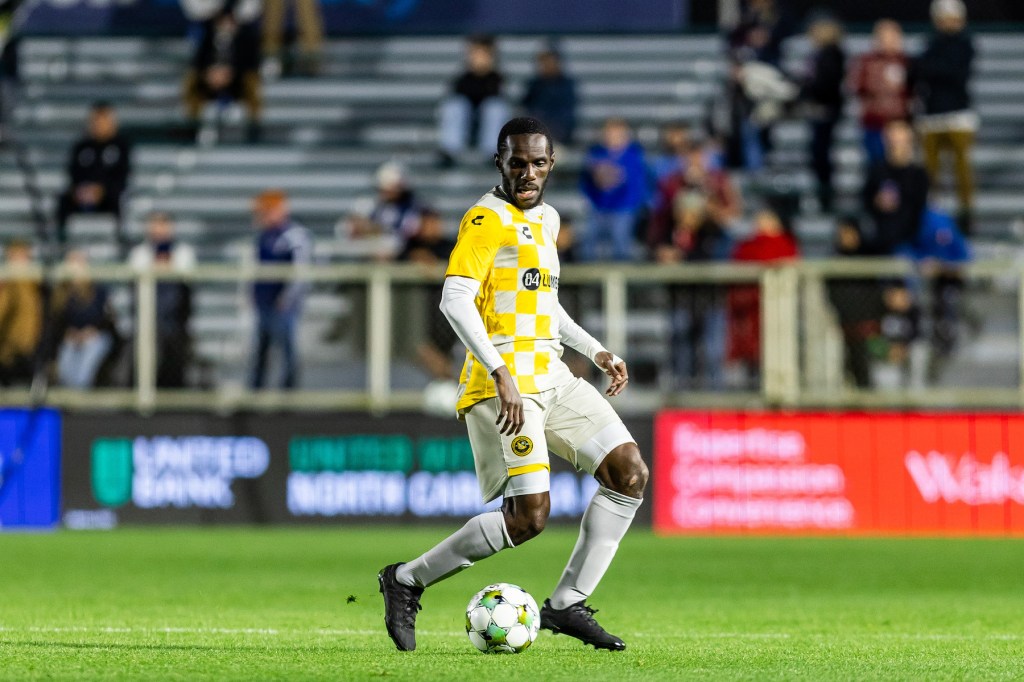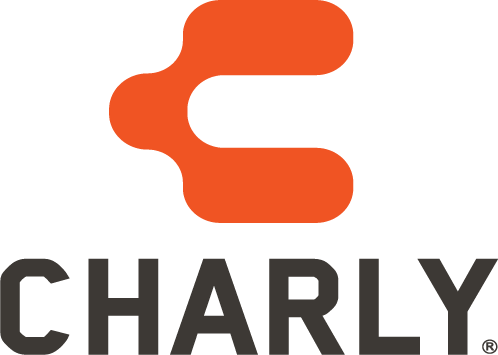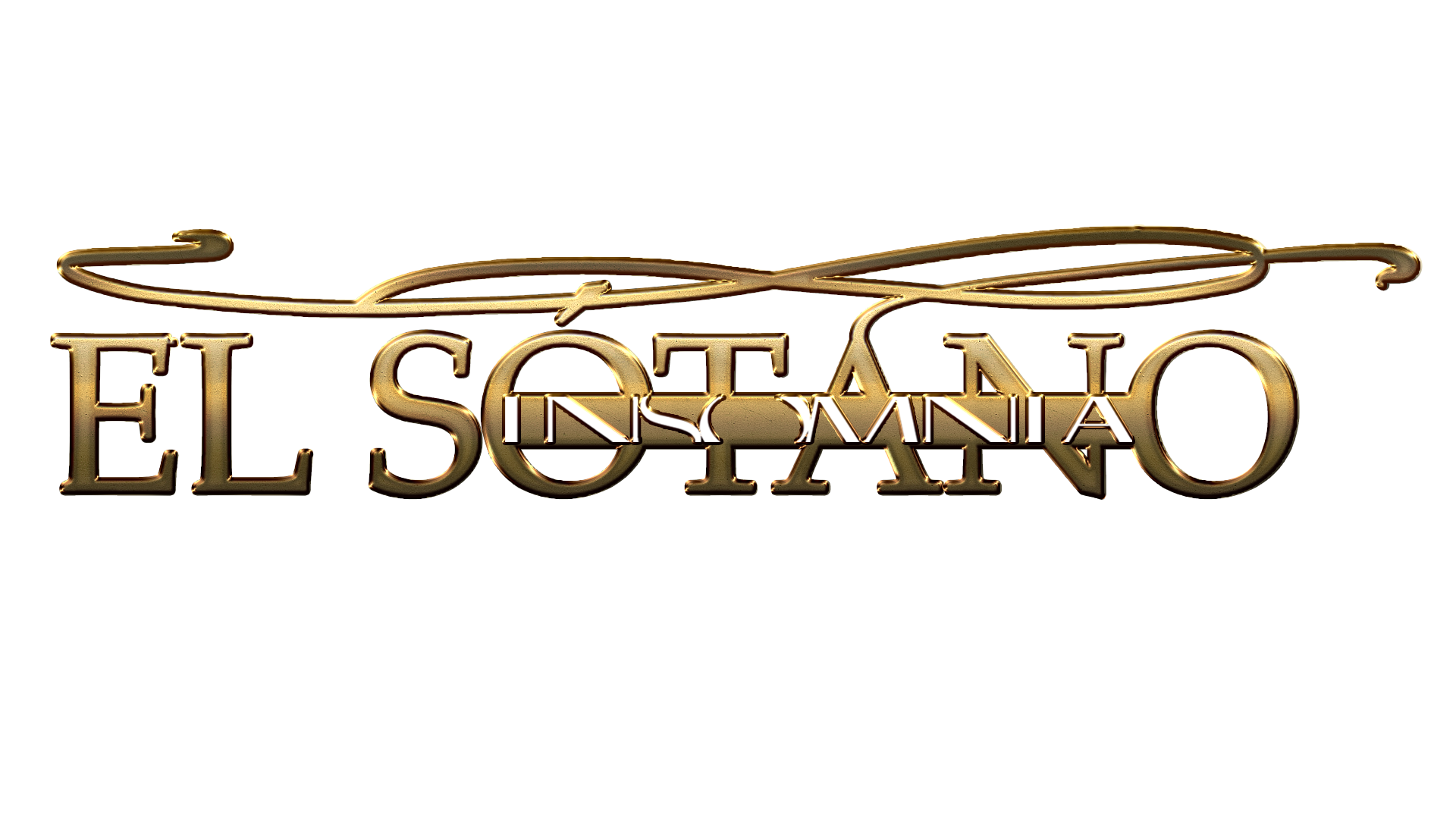
Professional athletes put strenuous demands on their bodies year round to compete at the highest level. But this month, Junior Etou and Illal Osumanu are taking extra care to stay fit while, at the same time, practicing their faith.
This March largely coincides with the month of Ramadan on the Islamic Calendar, a time for reflection, self-discipline and devotion for people of the Muslim faith around the world. Ramadan is considered a month for charitable acts and increased time devoted to worship, and a major part of the month’s observance is fasting from dawn to sunset, an obligation Etou and Osumanu adhere to while playing for the Hounds.
Fasting requires no eating or drinking of anything during the daylight hours, which means preparation is key for those players ahead of the team’s daily practices.
“You wake up early in the morning, and you need to get the best foods and eat something more, because you know you have training at 10 a.m.,” Etou said. “But for me, I feel like it’s not hard right now with water, because there’s not as much sunshine, and it’s not as hot. You just have to prepare and get more rest for games and training.”
“You wake up at 4:30 or 5 to eat and just try to get a lot of fluids and electrolytes in,” Osumanu said. “It’s not bad because we train at 10, so it’s only about five hours from the time you start your fast. It’s much more difficult when training is later in the day because that’s a long time between then and the last time you had food.”
While the Hounds’ training schedule is favorable for the players observing Ramadan, the match schedule is not quite as forgiving.
One step the USL Championship took, beginning last season, was the introduction of a short break during matches when sundown occurs, allowing observant players and officials the chance to break their fast. That occurred in last week’s match at San Antonio — a match that started at 7:30 Central Time — at the official sunset time in San Antonio of 7:47.
“That’s definitely helpful for me. Even if it’s 30 minutes into the game and they stop, I feel like it’s good for me to get a quick drink,” Osumanu said.
But after a complete day of fasting, the players still have to be mindful not to overdo it when given the chance to eat during a match, usually opting for fresh fruit or something light.
“You just get some quick snack, because you don’t want to eat too much and then your stomach is too full,” Etou said. “For me, it’s better to get food after the game. I just have a snack bar or a banana, and it’s good.”
Etou and Osumanu have appeared in both matches for the Hounds this season, and they have done well to prevent the fasting from affecting their performance during Ramadan, which continues this year through March 29.
But the sacrifice required to uphold their obligation to fast is a small thing, in their minds, as they reflect on the meaning behind the fasting.
“It’s one of the pillars of being a Muslim, so observing that is one of the most important things you have to do. It’s one month out of the year when you can get closer to your faith and what you believe in,” Osumanu said. “It’s a good time of reflection and to be appreciative of life and just get closer to the things that matter.”
“You have so many people in the world who don’t have food, anything, all year. For me to not eat in the day for one month is nothing,” Etou said. “It’s important to keep doing this every year and to stay focused, mentally and physically.”






















































































































































































































































































































































